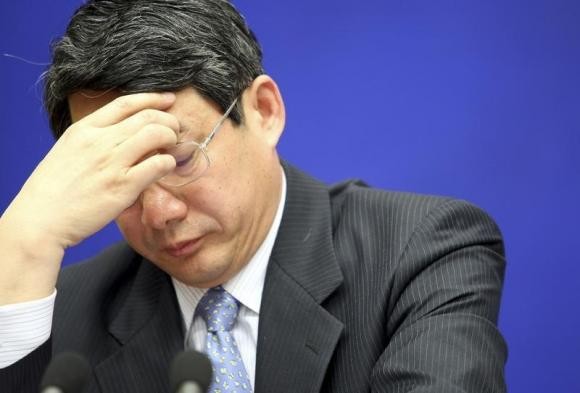President Xi Jinping's commitment to hunt for powerful "tigers" and minor "flies" will continue into the Year of the Ram, which will not be a surprise to anyone who has observed the intensity of Beijing's anti-graft activities since 2012.
It is now time for the nation's film, television and radio sectors to be placed within the investigative crosshairs of the anti-graft watchdog, the Central Commission for Discipline Inspection of the Communist Party of China (CCDI).
Monday's announcement by CCDI official Li Qiufang is preceded by mid-January media reports that revealed that Ma Jian, vice minister of the Ministry of State Security, was under investigation. Ma is the most senior security official to be the subject of investigation thus far.
Furthermore, a CCDI announcement on Saturday disclosed that evidence of graft, including nepotism and theft, had been uncovered at state-owned oil giant China Petrochemical Corp. (Sinopec Group). Analysts have stated that the president's focus on China's security apparatus is about reigning in an area of spending that previously exceeded the official outlay on military projects.
In terms of the Asian nation's media industries, a CCDI team uncovered 49 people--the highest number in five years--who had "violated discipline" last year after it positioned itself on the premises of the State Administration of Press, Publication, Radio, Film and Television (SAPPRFT).
Additionally, a SAPPRFT censor was sentenced to 10 years and six months imprisonment for receiving bribes worth a total of 300,000 yuan ($47,970) in September.
After presenting the results of the 2014 investigations, Li said:
"The film, radio and television industries have never been 'clean' and we are in a serious situation and must crack down on corruption in these fields."
An academic from Nanjing Normal University supported the CCDI's decision. Associate professor Zhang Peng said that the increased scrutiny will lead to the "healthy development" of China's media bodies.



























